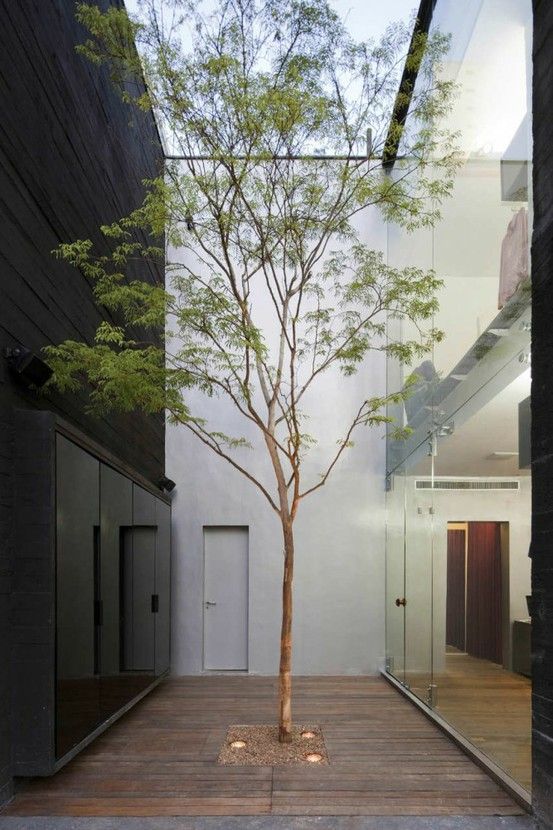Understanding How Building Codes Can Affect Your Project
Building codes exist for a number of reasons. One is to ensure that homes are built in a manner that minimizes their risk of fire or collapse during an earthquake. General safety guidelines exist alongside rules that affect the architectural style of the homes. However, building codes are typically not as stringent as rules set by homeowner’s associations regarding the color paint you can use on your home, or the minimal standards for maintaining your lawn. Let’s get a better understanding of how building codes can affect your project.
Know When Building Codes Apply
Building codes apply to a project when you build a new building or demolish a building. Building codes must be met if you’re adding a permanent structure to a home or property. In some communities, building codes do affect the landscaping as well. Requiring an engineer’s review of all retaining walls over four feet tall or approval to remove trees unless you’re planting a replacement are common additions to the local building code.
Consider All the Costs
If you’re concerned that the project is pushing your budget, review the overall design. Would it be better to remodel instead of add-on? Can you keep the same look with cheaper (but equally durable materials)? Would it be better if you moved instead of paying a significant percentage of your home’s value to add on to it?
Check a site like housingpredictor.com to see what your home would be worth if you added two more bedrooms. Compare this to the cost of a home like yours with two more bedrooms. Don’t pay tens of thousands of dollars more to add-on than it would cost to move into a larger home, since you’ll never recoup these costs when you sell the property.
Understand All the Rules and Regulations
While you have to abide by building codes, there may be additional rules you have to meet that have been set by the city. It is common for building codes to require electricians and plumbers to be licensed and bonded to be allowed to work in the city for instance. If you do any of the work yourself, you may then fail to pass the local city inspection. If you have the work done by those who aren’t licensed, the home may not receive the necessary certification that others can live in it.
Understand the Intermediate Steps
What many forget is the legal obligation to have building inspectors review the site at key steps like after plumbing is installed or electrical wiring is in place. If the building inspector finds a problem, you cannot get a certificate of occupancy if you don’t fix what they identify, and it is cheaper and easier to make the changes before you continue work. Problems arise if you make changes in the plans and don’t update your permits.
Understanding building codes is essential if you need to make any modifications. If you end up in violation, not only will you have to pay fines, but you might lose anything you’ve invested in your project as well.












